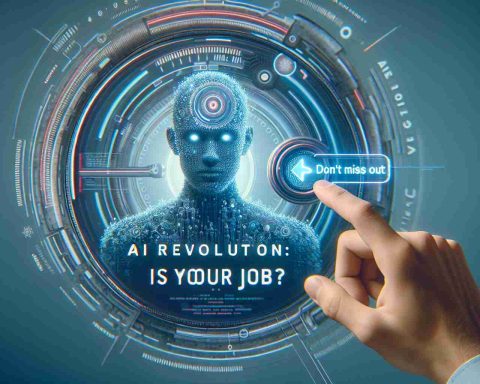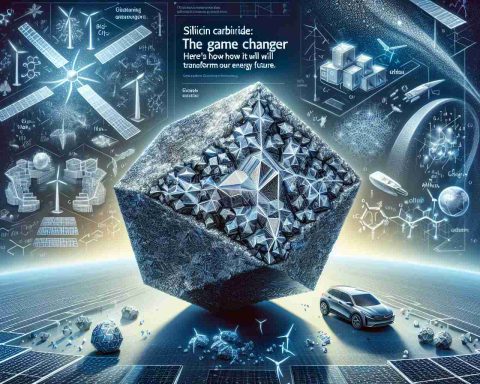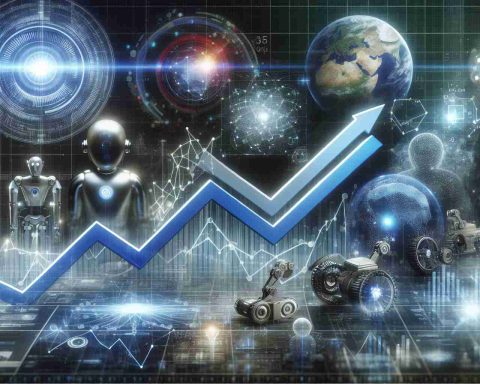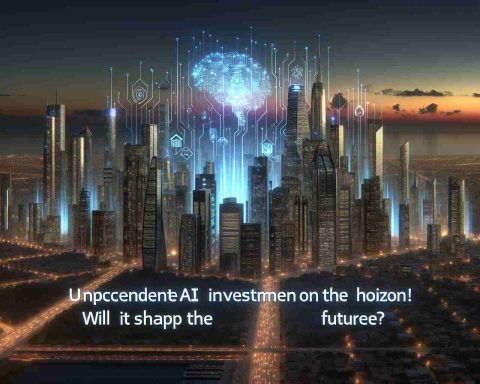A prominent figure in the artificial intelligence community has voiced serious concerns regarding Elon Musk’s repeated assertions about fully autonomous Teslas. Yann LeCun, a leading expert in AI and currently the AI chief at Meta, highlighted what he perceives as a pattern of dishonesty from Musk over the years regarding the timeline for self-driving vehicles.
LeCun explained his position by emphasizing the contrast between Musk’s optimistic declarations and the actual state of technology. He reflected on Musk’s continuous claims that fully automated driving would soon be available, a promise that has been unfulfilled for nearly a decade. This criticism follows a more extensive indictment from software executive Dan O’Dowd, who labeled Musk a “snake oil salesman” for promoting advanced driving technology that remains largely unattainable.
O’Dowd’s in-depth analysis dissected Musk’s most recent promises about Tesla’s Full Self-Driving software, illustrating a pattern of missed deadlines and unachievable goals. He reflected on Musk’s recent statements about upcoming features that have yet to materialize, noting that some of them aren’t even permitted for use on public roads.
In a response to a supporter, LeCun made clear that while he appreciates Tesla’s innovations, it is the false promises that frustrate him. He stated with conviction that his critique stems from a desire for honesty and responsible technology development.
Critique of Promised Autonomy in Tesla Vehicles: Unpacking the Reality
As the discourse surrounding autonomous vehicles continues to evolve, the scrutiny of Tesla’s promises in this sector becomes increasingly pronounced. Tesla has held a prominent position in the electric vehicle market, boasting advanced features in its Full Self-Driving (FSD) software. However, as criticism mounts, a deeper examination reveals important facts and questions that have not been fully addressed in previous discussions.
Key Questions in the Critique of Tesla’s Promises
One major question emerging from current criticisms is: What constitutes true autonomy in vehicle technology? The SAE International classification system identifies six levels of driving automation, from Level 0 (no automation) to Level 5 (full automation). Most of Tesla’s offerings currently fall between Level 2 (partial automation) and Level 3 (conditional automation), leading critics to argue that the terminology used by Musk may mislead consumers regarding the actual capabilities of the technology.
Another pressing question is: How does Tesla’s Full Self-Driving feature handle complex driving scenarios? Recent studies indicate that while Tesla vehicles excel in controlled environments and on highways, they can struggle with more complex situations such as navigating through construction zones, dealing with pedestrians, or understanding unpredictable actions from other drivers. This highlights a significant gap between claimed capabilities and real-world performance.
Key Challenges and Controversies
There are several challenges and controversies associated with the autonomy promises made by Tesla. One notable challenge is the regulatory landscape. As Tesla pushes for broader usage of FSD features, it faces scrutiny from regulators about safety standards. The National Highway Traffic Safety Administration (NHTSA) has launched investigations into incidents involving Tesla vehicles operating under FSD mode, raising questions about safety and compliance.
Furthermore, there are ethical concerns regarding the deployment of such technologies. The potential consequences of accidents involving autonomous driving raise fundamental questions about liability and accountability. If a self-driving vehicle is involved in a collision, determining fault becomes complex. Who is responsible: the driver, the manufacturer, or the technology itself?
Advantages of Tesla’s FSD Technology
Despite the criticisms, there are several advantages to Tesla’s approach to autonomous driving. Tesla’s continuous software updates provide users with regular enhancements and new features, often improving vehicle performance over time. Moreover, Tesla has amassed a vast amount of data through its fleet, feeding into machine learning algorithms that enhance vehicle systems.
Additionally, the excitement surrounding autonomous driving technology has accelerated advancements in the automotive industry. Other manufacturers are also investing heavily in research and development due to the competitive pressure created by Tesla’s ambitious promises.
Disadvantages and Risks
Conversely, the considerable gap between promises and current capabilities represents a significant disadvantage. The repeated failures to meet self-imposed deadlines can erode consumer trust. Moreover, users may operate under an inflated sense of security regarding the vehicle’s capabilities, potentially leading to dangerous behavior behind the wheel.
There are concerns about regulatory compliance and safety implications, particularly as features that could facilitate more significant automation are still under scrutiny. The lack of discernible standards for measuring autonomy also complicates the process of public understanding and acceptance.
For those eager to explore more about Tesla and its self-driving technology, consider visiting the following links: Tesla Official Website and NHTSA Official Website. These resources provide additional insights into the ongoing developments in vehicle automation and safety regulations.
In summary, the critique of Tesla’s promises regarding full autonomy serves as a crucial reminder of the complexities inherent in advancing vehicle technology. While there are undeniable advancements, the journey toward truly autonomous vehicles remains fraught with challenges, requiring transparent communication from manufacturers and vigilant oversight from regulators.
















